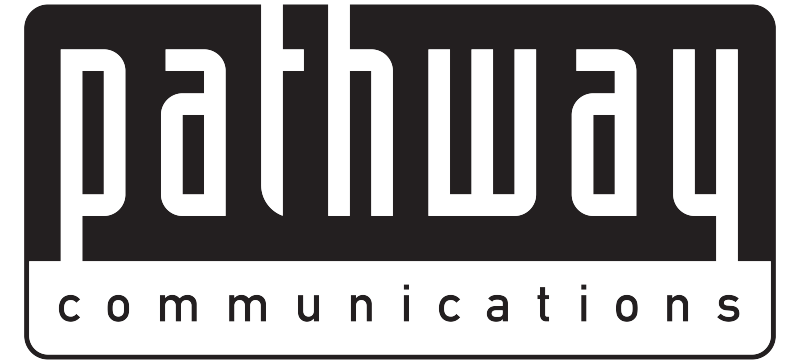Data privacy and security are top concerns for businesses of all sizes. Understanding and complying with Canada’s personal information protection laws is not just a legal obligation but also a way to build trust with your customers and protect your business from breaches and fines. Here’s an overview of the critical Canadian laws every business needs to know to stay compliant and safeguard the personal information of their customers.
Key Privacy Laws Governing Personal Data in Canada
Personal Information Protection and Electronic Documents Act (PIPEDA)
Overview: PIPEDA is the primary federal law regulating how private sector organizations handle personal information in the course of their commercial activities. It outlines how businesses must collect, use, and disclose personal data while safeguarding individuals’ rights to access and correct their personal information.
Scope: PIPEDA applies across Canada, with exceptions in provinces like Alberta, British Columbia, and Quebec, where local laws are deemed “substantially similar” to PIPEDA.
Key Features:
- Consent: Businesses must obtain clear consent from individuals to collect and use their personal information.
- Transparency: Individuals have the right to know why their data is collected and how it will be used.
- Breach Notification: PIPEDA mandates reporting data breaches to affected individuals and the Privacy Commissioner.
Privacy Act
Overview: While PIPEDA applies to the private sector, the Privacy Act governs how federal government institutions handle personal information. It ensures that federal agencies protect the personal information they collect and gives individuals the right to access and correct this data.
Provincial Privacy Laws
Several provinces in Canada have their own privacy laws, including:
- Alberta’s Personal Information Protection Act (PIPA)
- British Columbia’s Personal Information Protection Act (PIPA BC)
- Quebec’s Law 25 (formerly Bill 64), which introduces stricter rules and penalties for non-compliance, including data portability rights.
These laws govern how businesses in these provinces handle personal information, and if you’re operating in these regions, you’ll need to comply with the provincial regulations in addition to federal laws.
Digital Privacy Act
An amendment to PIPEDA, the Digital Privacy Act, came into effect in 2015. It strengthens data breach notification requirements and introduces increased penalties for non-compliance. Businesses are required to notify individuals if a breach poses a risk of significant harm.
Canada’s Anti-Spam Legislation (CASL)
While not strictly a data protection law, CASL is crucial for regulating electronic communications. It requires businesses to obtain consent before sending commercial messages and prohibits the installation of unwanted software. Fines for violating CASL can be substantial, making compliance essential for any business engaging in digital marketing.
Bill C-27: The Future of Canadian Privacy Law
Introduced in 2022, Bill C-27 aims to modernize Canada’s privacy laws. The bill proposes that the Consumer Privacy Protection Act (CPPA) replaces PIPEDA, enhances individuals’ rights over their data, and introduces the Artificial Intelligence and Data Act (AIDA) to regulate AI technologies. If passed, the bill will impose stricter penalties for non-compliance and give individuals more control over their personal information, including the right to request deletion of their data.
Why Compliance Is Essential
Non-compliance with Canada’s privacy laws can result in severe penalties, not to mention the damage it will cause to your business’s reputation. Whether it’s a fine for failing to notify individuals of a breach or losing customers due to mishandling their data, the risks are too significant to ignore. Compliance isn’t just about avoiding penalties—it’s about building trust and providing a secure environment for both your customers and your business.
How Pathway’s Managed IT Services Help You Stay Compliant
Navigating Canada’s complex privacy landscape can be daunting, but Pathway is here to help. With our managed IT services, we ensure that your business meets all necessary compliance requirements, from securing your customers’ personal data to implementing the latest cybersecurity measures.
Here’s how we can assist:
- 24/7 Monitoring and Security: Continuous monitoring of your systems to detect and prevent data breaches.
- Breach Management: We help you navigate breach notification requirements, ensuring timely reporting and limiting damage.
- Data Encryption and Backup: Robust encryption and backup solutions to protect sensitive information from unauthorized access.
- Expert Guidance: Our team stays up to date on the latest regulatory changes, including Bill C-27, ensuring your business remains compliant as laws evolve.
Ready to protect your business and ensure compliance with Canada’s privacy laws? Contact Pathway today to see how our managed IT services in Toronto can help your business thrive in a secure, compliant environment.


